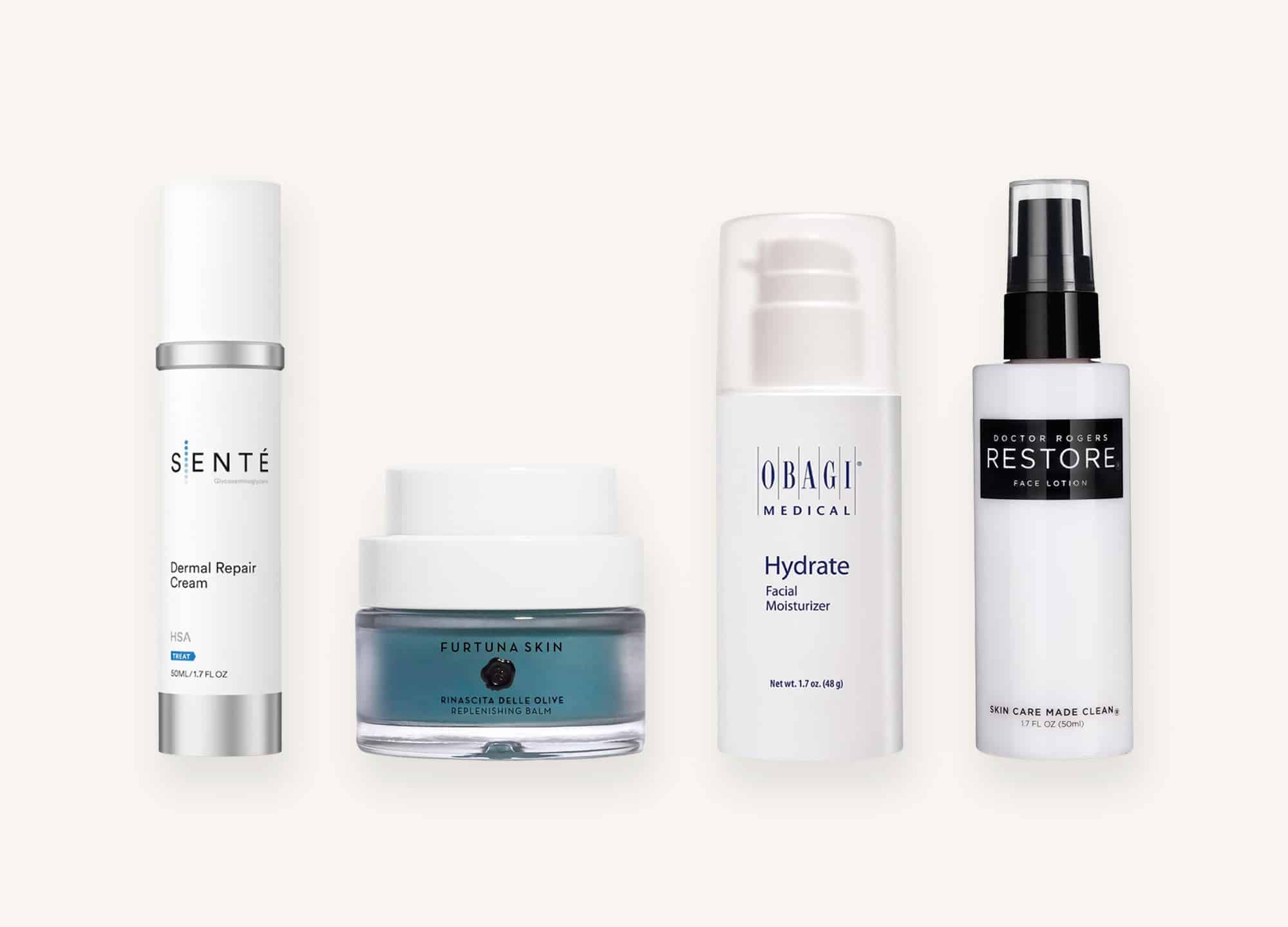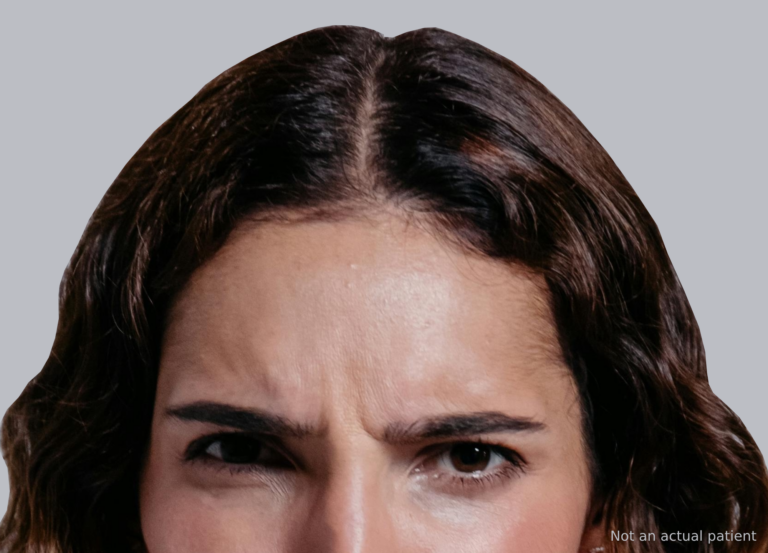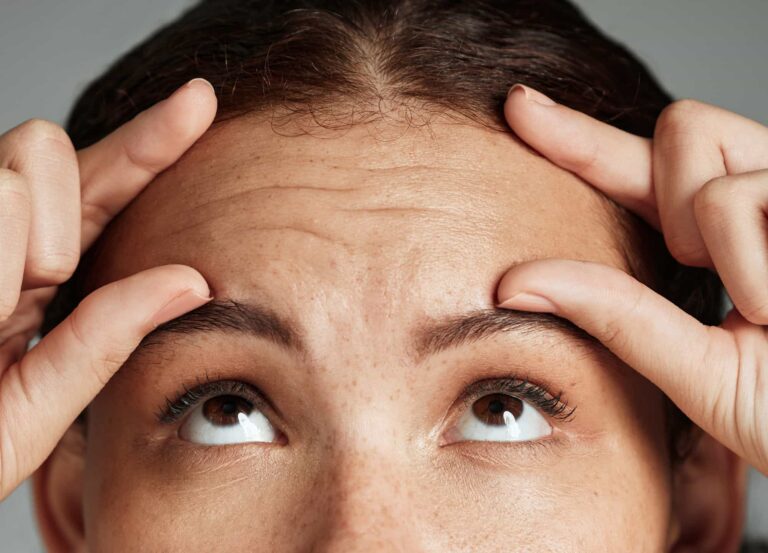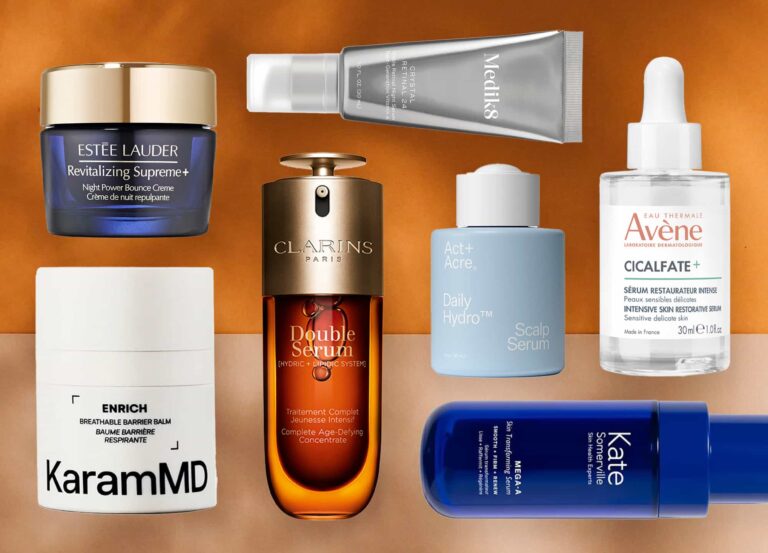The words hydration and moisturization are often used interchangeably in the skin-care world, and even seasoned beauty editors are guilty of often conflating the two and using them synonymously. But—not-so-breaking news—hydration and moisturization are two different things, as are hydrating and moisturizing ingredients. So what’s the difference? And how do you tell whether your skin is dehydrated or dry (or both), then pick the best product to treat it? Top derms explain.
The difference between hydrating vs. moisturizing
“These terms are used interchangeably because there is overlap, but at the most basic level, hydration is about adding water to your skin, whereas moisturizing is about adding oils,” explains New York City board-certified dermatologist Dr. Sheryl Clark. Again, the two are inextricably intertwined, making this distinction a bit more complicated. Plus everyone really does need both hydration and moisture, Dr. Clark points out. But the framework of ‘hydration equals water’ and ‘moisture equals oil’ is a good place to start separating the two.
How can you tell if your skin is dry or dehydrated?
Spoiler alert: it’s usually both. Still, Dr. Clark says there are a few distinctions to look for. Dehydrated skin tends to look dull and sallow, and it lacks a glow. “Try splashing your face with tepid water and patting it dry. Does it instantly look at least a little better? If so, this may be an indication that your skin is dehydrated,” she says. On the flip side, dry skin, which lacks oils, may also look lackluster but is often accompanied by inflammation, itchiness, and rashes, she adds. That’s because when skin is dry, the skin barrier (the outermost layer, made up largely of fat molecules) is compromised and can’t keep irritants from getting in. But then this goes back to the dehydration part of things—because if the skin barrier is dry and damaged, the natural water in the deeper layers of the skin is able to quickly escape, leaving your skin dehydrated, explains Dr. Robyn Gmryek, a board-certified dermatologist in New York City. It’s admittedly somewhat of a chicken-or-the-egg situation, but both dermatologists we spoke with agree that the best solution is to simply use a moisturizer that contains both hydrating and moisturizing ingredients. To that point…
The best types of ingredients to look for in a moisturizer
Humectants
These are the only true hydrating ingredients (besides water) that you’ll find in a moisturizer. They work by attracting water to and holding on to it within the skin. Dr. Gmyrek cites glycerin, hyaluronic acid, honey, and aloe as some of the most common examples. While you can typically find serums that contain just humectants and none of the other ingredients we’re about to discuss (e.g., hyaluronic acid serums), if you use one solo, any hydration on the surface of the skin can quickly evaporate, mitigating the end result, notes Dr. Gmyrek. It’s why both dermatologists suggest either topping hyaluronic acid serums with a moisturizer or looking for a moisturizer that’s formulated with humectants and the following types of ingredients as well.
Emollients
“These are the oily substances that are responsible for making skin feel immediately soft and smooth when you apply a moisturizer,” says Dr. Gmyrek. Any type of plant- or nut-based oils fall into this category, adds Dr. Clark (think: coconut or almond oils, jojoba oil, or sunflower oil as well as ingredients such as shea butter. Ceramides are also emollients, she adds, fatty-acid molecules that are unique compared to the others because they also help bolster the skin barrier.
Occlusives
Unlike the other two categories, occlusives replace neither water nor oils, says Dr. Clark. Instead, as the name suggests, they work by occluding the skin, creating a barrier over the surface that locks in both oils and hydration. Common examples used in skin care include dimethicone, petrolatum, and beeswax.
The best moisturizers for dry and dehydrated skin
Both dry and dehydrated skin can benefit from using a moisturizer that contains the ingredients mentioned above. Here, seven worth trying.
Obagi Hydrate ($51.50)
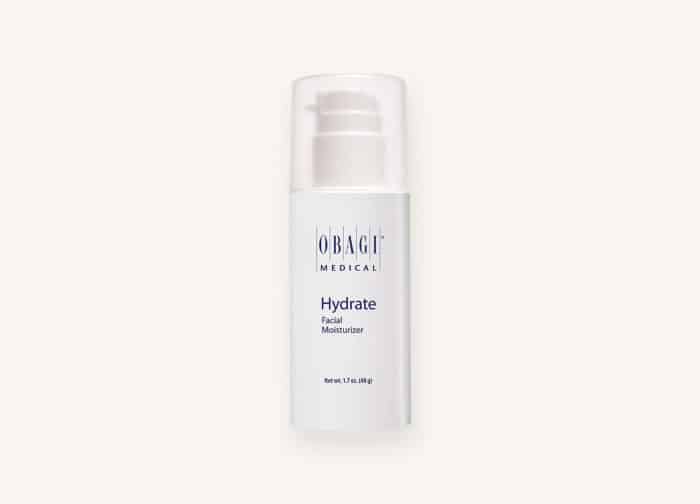
This formula combines hydrating glycerin with emollients such as shea butter, mango butter, and avocado oil. And because it’s noncomedogenic, there’s no need to worry about it clogging pores or causing breakouts, making it a great option if your skin skews more toward the oily or combination categories.
ClarityRx Feel Better Hyaluronic Acid Moisturizing Cream ($66)
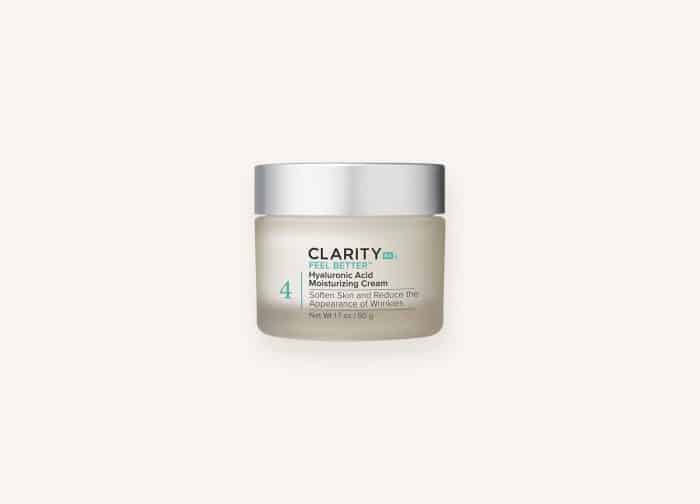
One of the best humectants out there, hyaluronic acid is the star of the show in this aptly- amed cream, which also features emollients including jojoba seed oil and squalane, for instant skin-smoothing and softening benefits. It gets bonus points for the addition of protective antioxidants.
Neutrogena Hydro Boost Hydrating Water Gel Face Moisturizer ($17)
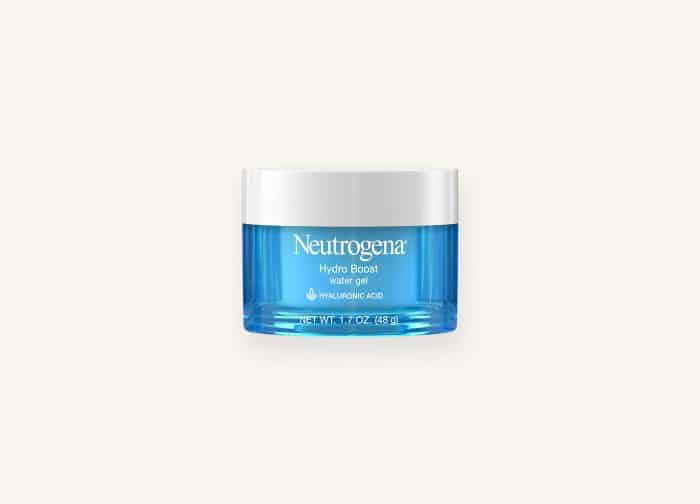
Yes, all skin types can benefit from a moisturizer, but there is one caveat. Those with naturally more oily or acne-prone skin may sometimes feel that formulas with many of the oil-based emollients (which tend to be thicker) can be too heavy. In that case, opting for gel-based moisturizers, which tend to be humectant-based, is a good move. Enter this formula, which is packed with hyaluronic acid but also contains dimethicone, to then lock that hydration in.
Dr. Rogers Restore Face Lotion
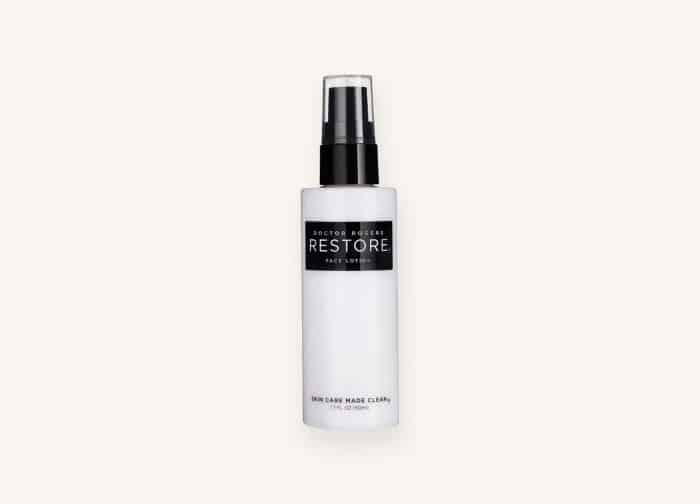
Here’s another choice option for anyone with oily skin. By definition, lotions contain more water and fewer of those thick emollients; case in point, there are no oils in this featherweight formula. Instead, it contains water and glycerin, for hydration purposes, plus jojoba ester and squalane, two emollients that mimic the natural oils in our skin and absorb extremely quickly.
Senté Dermal Repair Cream ($164)
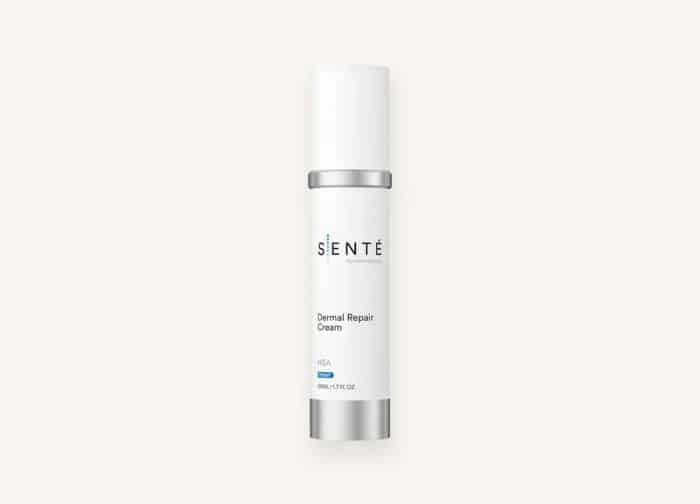
The dimethicone in this moisturizer creates a seal on the surface of the skin, helping to prevent any moisture loss and further lock in the hydrating and moisturizing benefits of the other ingredients in the mix. Coupled with the fact that it contains soothing green tea extract and is fragrance-free, this is a great pick for those with irritated skin.
Furtuna Skin Rinascita Delle Olive Replenishing Balm ($185)
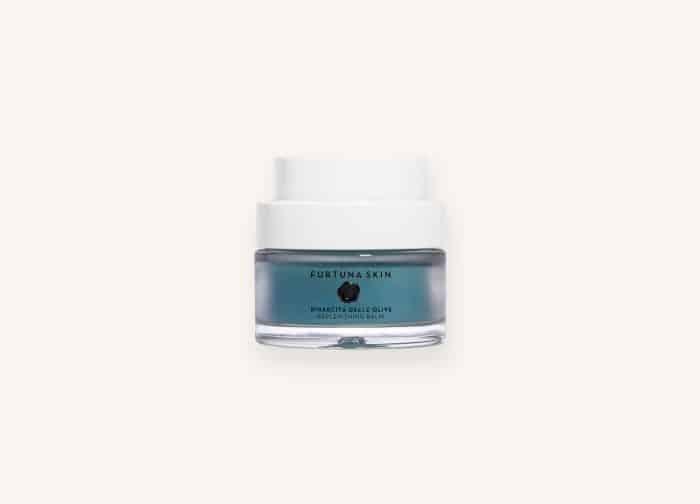
On the flip side, this deeply moisturizing balm is almost entirely oil-based, ideal for anyone with ultra-dry skin. It’s also packed with medicinal botanicals, for tons of added benefits, including antioxidant protection and soothing, anti-inflammatory properties.
CeraVe Facial Moisturizing Lotion ($19)
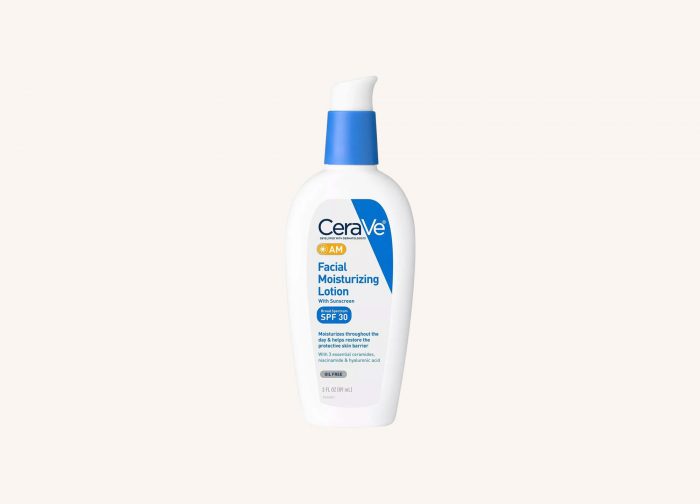
Looking to streamline your skin-care routine? This multitasker is a universal crowd-pleaser, relying on both hydrating hyaluronic acid and moisturizing ceramides to make skin both look and feel better, all while delivering your daily dose of SPF.







